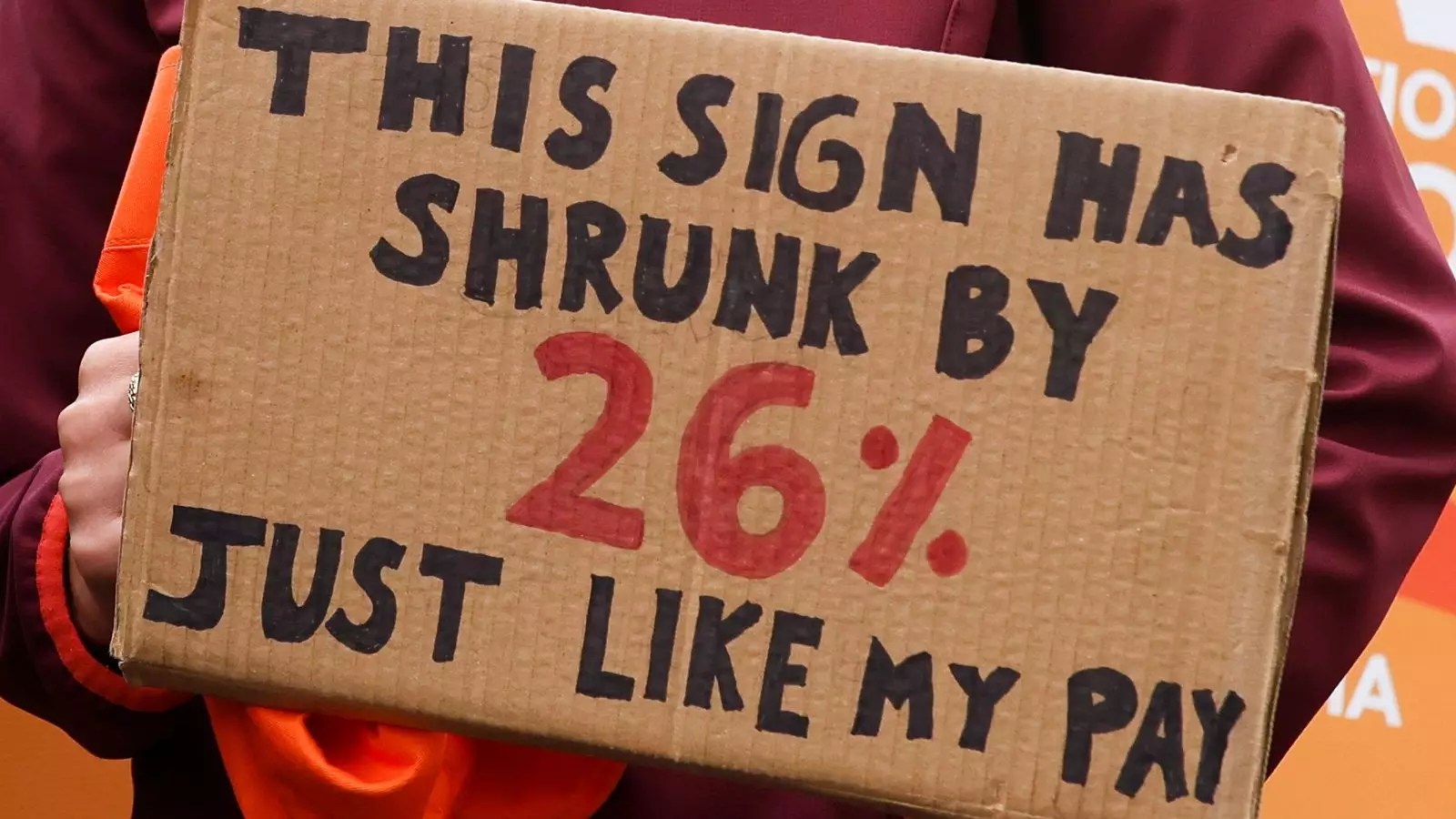The ongoing conflict between the medical professionals and the government reveals a fundamental tension that threatens the future of our healthcare system. At the heart of this dispute lies a profound disagreement over compensation—specifically, whether the NHS’s underpaid resident doctors have been adequately recognized and rewarded for their decades of service. The BMA’s demand for a 26% pay restoration is not just about money; it symbolizes a plea for acknowledgment in a system that has increasingly marginalized its frontline workers. For too long, underfunding and neglect have created an environment where talented professionals feel undervalued, betrayed even, by a system that relies heavily on their dedication without providing proportional support.
This confrontation exposes a broader issue: the sustainability of the NHS itself. While the government touts infrastructure reforms and a long-term strategic plan, the morale and motivation of its nurses and doctors are crumbling. Without addressing their core grievances—fair pay, safe working conditions, and meaningful respect—these reforms risk becoming superficial, disconnected from the reality on the ground.
Policy, Politics, and Public Perception
The political framing of this dispute amplifies the divide. The government’s stance, emphasizing that doctors have already received significant pay increases, appears out of touch with the lived experiences of healthcare workers. The figures used—such as a nearly 29% pay rise—serve to dilute the sincerity of the doctors’ call for a fair wage correction. From the perspective of a center-leaning liberal outlook, this approach seems shortsighted. It dismisses the fact that inflation, workload, and years of stagnant salaries have severely eroded real income, leaving resident doctors feeling increasingly alienated.
The public’s perception of the strikes is polarized. While many sympathize with the healthcare workers’ demands, others are concerned about the impact on patient safety and access. This dynamic reflects a societal dilemma: how to uphold the principle of fair treatment for workers without compromising essential services. Both sides are escalating their rhetoric, which only entrenches polarization and undermines trust in policymakers and medical leaders alike.
From a center liberal viewpoint, this blame game is unproductive. It’s essential to recognize that both parties share responsibility for the current deadlock. The government needs to acknowledge the collective contributions of healthcare workers and prioritize sustainable funding solutions, rather than framing these negotiations as zero-sum economic battles. Equally, health professionals should heed the importance of maintaining service continuity during disputes, emphasizing collaboration over confrontation.
Implications for Healthcare System Resilience
The proposed strategy to mitigate strike impacts by decentralizing decision-making might seem pragmatic but risks diluting accountability and safety standards. Allowing trust leaders to decide which cases are urgent introduces a dangerous element of inconsistency. It opens the door for inequities and potential compromises in patient safety—a risk that should not be underestimated. While empowering local decision-makers could streamline responses, it also exposes the vulnerability of a system already stretched thin.
The core problem remains unaddressed: how to create a system where NHS staff feel genuinely valued and supported enough to prevent strikes altogether. Temporary measures and tactical compromises are no substitute for a serious overhaul of funding models and workforce policies. Without decisive action that recognizes the vital role of healthcare professionals as true partners, the NHS risks sliding further into crisis, risking both its sustainability and its reputation.
This dispute goes beyond mere salaries. It is a reflection of a system at a crossroads—caught between the urgent need for fair compensation and the political desire to maintain stability at any cost. A genuine, center-leaning approach must seek to bridge these divides—by fostering dialogue rooted in mutual respect, recognizing healthcare workers’ sacrifices, and committing to a sustainable funding strategy that values the very people the NHS depends on. Anything less is a betrayal of the principles of a healthcare system that claims to serve everyone, regardless of their role or background.

